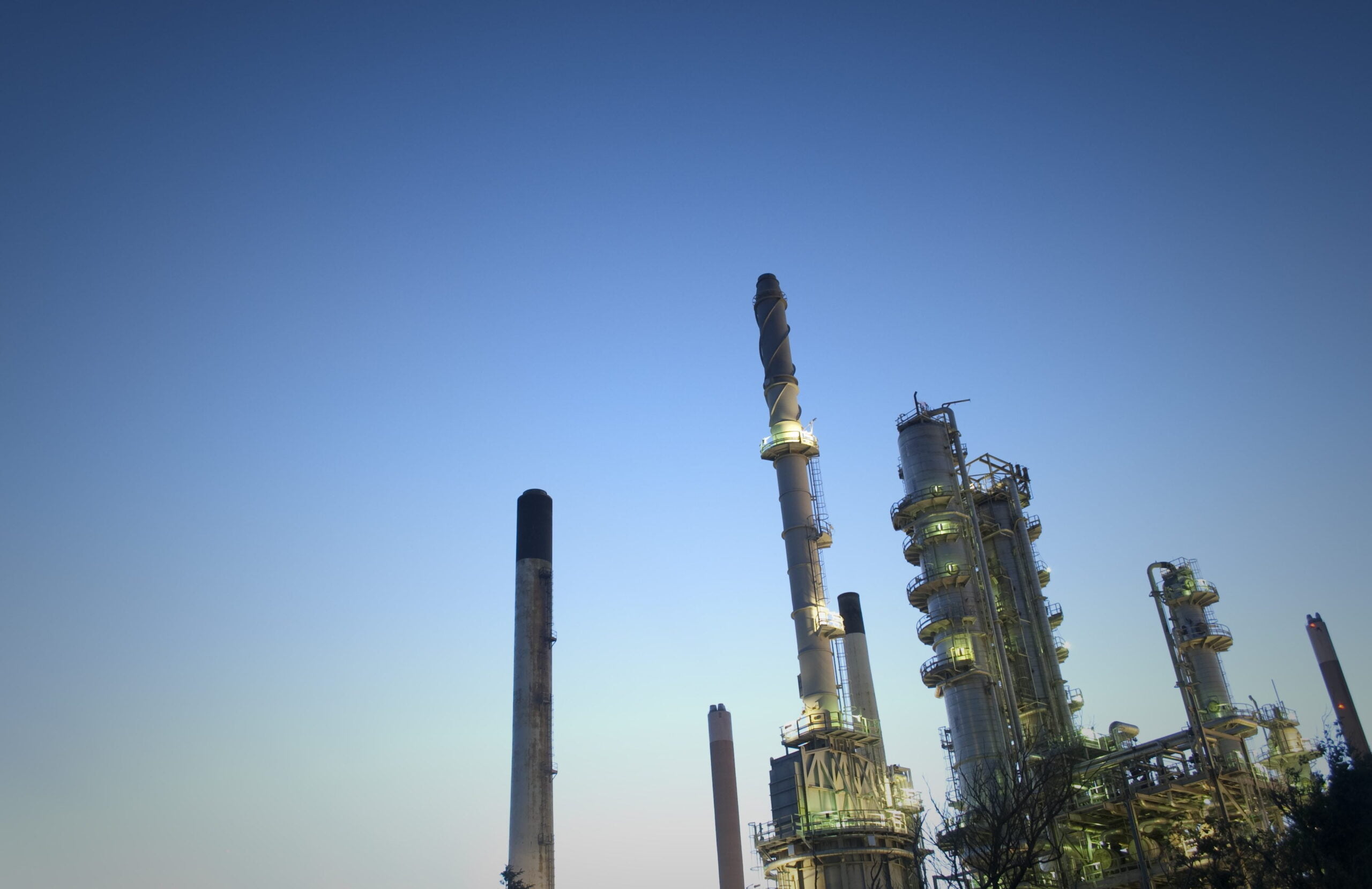

Economy
Are pension funds serving their purpose?
James Cameron takes a look at the investment portfolios of pensions and urges real alternatives to high-carbon yields.
This summer, the archbishop of Canterbury got into hot water when it was revealed the Church of England pension fund was an inadvertent investor in Wonga, the payday loan company he pledged to put out of business. He did not know.
I wonder how many people know where their own money is invested, and what they are inadvertently supporting. How many know they are investing in the fossil fuel businesses that dominate our economic world and endanger our future?
According to the Asset Owners Disclosure Project, 50-60% of the average pension portfolio is invested in high-carbon assets. Those who believe that our pension funds must be doing the right thing with our money – that is, taking a long-term view by investing in a low-carbon future – may be surprised and disappointed to learn that a meagre 2% is earmarked for such investments.
The question has to be asked whether these funds are doing what they are meant to do. Are they providing decent funds to safeguard our future, or are they doing exactly the opposite? Where is the fiduciary responsibility in the creation of risk and the potential destruction of value across the whole portfolio? How does the ‘beneficiary’ actually benefit in a world warmed beyond 2C?
One of the reasons for this imbalance is that funds do not see it as their job to come up with solutions to problems such as climate change and resource depletion. Another is that the most powerful force in the pensions’ world is inertia, and it is a world driven by short-term gain. Long-term consequences are just that.
But it is not all their fault. To keep our pension pots in the black they rely upon dividend yield or income returns from stocks or real assets. If pension funds want to put money into reducing climate change risk and find acceptable yields from large cap stocks in today’s market, they do not have a ‘pure play’ low-carbon option (that is, an investment opportunity focused on renewables alone). Sure, there are utility companies with renewable energy arms and bits of energy companies devoting many millions to cleaner alternatives, but the priority business is almost always fossil fuels.
While it is right – as Carbon Tracker has shown – to reassess the risk in high-carbon assets, we need to offer real alternatives to high-carbon yields. The renewable energy industry is a great fit for pension funds, but they need a large cap corporation (that is, one with a market capitalisation value of more than $10 billion) to turn the tide of investment.
Renewable energy assets offer inflation-tracked returns that afford a variety of debt or equity financing opportunities, over long-term fixed or floating price contracts. These are often underwritten by governments, and this sits neatly with the risk profiles of many pension funds, which are keen to make a stable rate of return in these uncertain times. A big clean energy corporate which is solely committed to this industry seems both a necessary and natural evolution.
Of course, this is easier said than done. But here at Climate Change Capital we think it can and should be done now. We think that it is possible to build substantial pure play renewable energy companies that could attract tracker money, raise debt cheaply and build better cleaner infrastructure, without being tied to the vagaries of fossil fuel risk. Such an entity would encourage smaller cleantech pioneers and investors, which could sell to or serve it without compromise in a market with real, reliable demand.
Where could such an enterprise come from? It may spawn from an emerging market, like India, China, Brazil, Mexico, Korea or Turkey, where the unassailable priorities of energy and resource security are connected to sustainability by public policy.
It could come from state-owned enterprises with access to cheap capital or generous subsidies that have driven down the costs of wind and solar so that they are competitive with coal and some forms of gas (according to Bloomberg New Energy Finance, since 2008, wind turbine prices have fallen by 29% and solar module prices by 80%).
It may come from outside the energy industry. Look at the resources available at an Apple, Cisco or a Google and at the recent moves they have made into the sector. Or, there are ample options to aggregate and consolidate renewable energy businesses in the US and Europe.
The closest we have come so far are substantial groups in big conglomerates like Siemens and GE, which have large research and development budgets and skills in engineering and finance. GE’s Ecomagination business, with a turnover of $25 billion last year, is now worth $130 billion and would be a Fortune 100 company if it stood alone. It is easy to see how these companies could transform the way we generate and consume energy and gain competitive advantage.
The International Energy Association states that renewables are now the fastest-growing power generation sector and will make up almost a quarter of the global power mix by 2018. This is at a time when fossil fuel subsidies are over five times that of renewables and yet the costs of oil and gas extraction have risen three-fold over the last decade.
By demanding greater transparency in how pension funds manage our money, we could begin to crack the inertia that supports the business-as-usual strategy. And we could reduce the risk of stranded assets, societal conflict and human suffering. We must present to the financial ecosystem a real opportunity for the creation of a large cap clean energy enterprise that can safeguard our retirement packages and our planet. The archbishop should be interested, too.
James Cameron is non-executive chairman of Climate Change Capital Limited, chairman of the Overseas Development Institute and a member of HM Treasury’s Infrastructure UK advisory council. This article originally appeared in Green Futures, the leading magazine on environmental solutions and sustainable futures published by Forum for the Future.
Further reading:
Climate change: we’ve still got time to save the world… haven’t we?
How to invest in energy once you’ve ditched fossil fuels
Norwegian pension fund divests from ‘financially worthless’ fossil fuel firms


 Environment12 months ago
Environment12 months agoAre Polymer Banknotes: an Eco-Friendly Trend or a Groundswell?

 Features11 months ago
Features11 months agoEco-Friendly Cryptocurrencies: Sustainable Investment Choices

 Features12 months ago
Features12 months agoEco-Friendly Crypto Traders Must Find the Right Exchange

 Energy11 months ago
Energy11 months agoThe Growing Role of Solar Panels in Ireland’s Energy Future





























